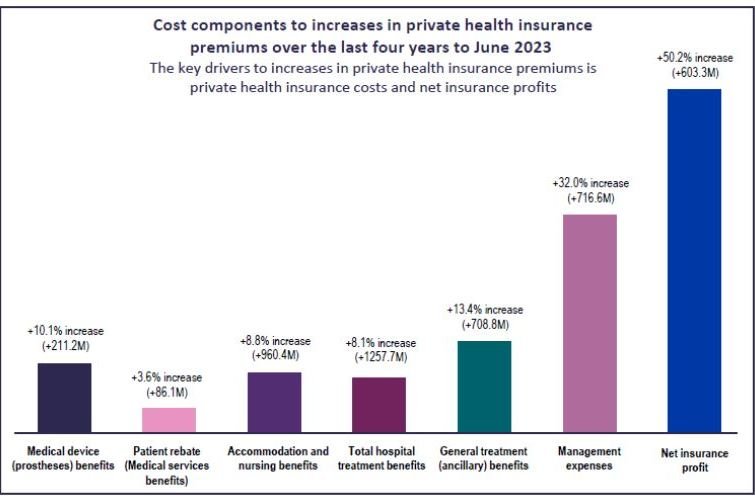HOUSTON – (June 22, 2020) -A survey of thousands of scientists conducted by Rice University’s Baker Institute for Public Policy suggests international scientific collaboration can be improved through policy reform.
Many scientists approach their work with “an increasingly collaborative outlook” and are not motivated by politics or diplomatic relations, which often hinder collaboration, according to a paper co-authored by the institute’s Kirstin Matthews, Erin Yang and Steven Lewis.
More than 9,000 scientists from eight countries or regions – the United States, the United Kingdom, India, Italy, Taiwan, Hong Kong, Turkey and France – were surveyed to gauge the attitudes and experiences of a diverse cross section of religious traditions and research infrastructure.
The survey found that barriers to global collaboration include insufficient funding for international work, restrictions on material or data sharing, differences in academic standards and bias against scholars from other countries. For example, there were “accounts of national, racial and ethnic biases experienced by Indian and Turkish scientists,” which hinders their ability to publish or present at conferences, one of the key ways to meet potential collaborators.
“This is particularly challenging now as scientific conferences go virtual and researchers no longer get to meet in person,” Matthews said. “Researchers are also being challenged by political issues as the (Trump) administration tries to limit future science and engineering students as well as researchers from coming to the United States,” said Lewis.
Some of the barriers to collaboration the surveyed scientists face include political issues (especially obtaining funding or visas); data-sharing regulations; logistical issues (such as time zone and language differences); and cultural issues (such as academic standards).
While inadequate funding was the most common barrier cited by American scientists, many of them also noted regulations on sharing data and other material. Several specifically mentioned the International Traffic in Arms Regulations, a series of U.S. laws that regulate and control equipment and technical data that might be related to defense or military technology. “One U.S. scientist remarked, ‘The FBI visits me about once a year concerning my collaborations in China,'” according to the paper.
International collaboration has increased over the past 20 years, the authors wrote. Thanks to increased research and development funding and subsequent output, science and engineering publications have also steadily grown. A “growing openness” for a global science network has created prominent hubs for migrating scientists in the U.S., the U.K., France, Germany and Canada, according to the paper.
Global cooperation increases the visibility and impact of research, facilitates sharing project costs and gives scientists access to more resources, the authors wrote. It also encourages sharing of data, sparks creativity and leads to new ideas, the authors concluded.
Policy changes could lead to more collaboration, according to the paper. For example, existing funding sources could be modified to allow scientists in different countries to share resources.
Without government support, scientific collaboration could stagnate, the authors argued. “By addressing these issues, international collaboration can help improve the scientific enterprise necessary for global efforts to address problems facing all of humanity,” they wrote.
Additional co-authors of the paper are Brandon Vaidyanathan, associate professor and chair of the department of sociology at the Catholic University of America, and independent scholar Monica Gorman.







